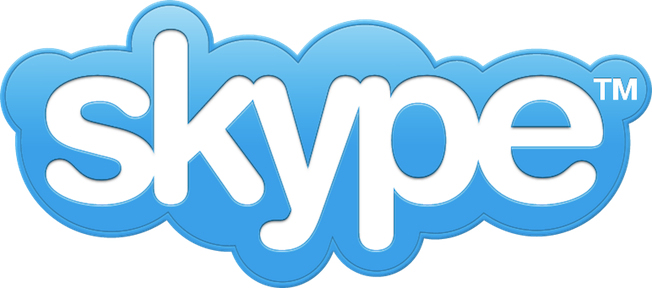Microsoft Bringing (Almost) Universal Translator to Skype

One of the biggest hurdles to our global society is the simple fact that we all speak different languages. But a new innovation coming from Microsoft might soon put an end to the language barrier. That’s right: we’re getting a universal translator.
Okay, maybe not a universal translator, but according to a post on CNET, Skype will soon be capable of translating up to 40 languages in real-time. Demonstrated at the Recode conference by Microsoft CEO Satya Nadella earlier this week, Skype Translate will be rolled out later this year for the Windows 8 version of the VoIP program.
Microsoft’s Corporate Vice President of Skype, Gurdeep Pall, explains the forthcoming translator on a post on Microsoft’s Technet blog:
“Skype Translator results from decades of work by the industry, years of work by our researchers, and now is being developed jointly by the Skype and Microsoft Translator teams. The demo showed near real-time audio translation from English to German and vice versa, combining Skype voice and IM technologies with Microsoft Translator, and neural network-based speech recognition. Skype Translator is a great example of why Microsoft invests in basic research. We’ve invested in speech recognition, automatic translation and machine learning technologies for more than a decade, and now they’re emerging as important components in this more personal computing era.”
According to the post, Skype Translator will be available to users before the end of the year. And while the post says that it’ll be for Windows 8 versions of the software, there’s one application I can think of that will surely be the beneficiary of Skype Translator: the Xbox One. Considering that Microsoft wants to connect the world via its home video game console, and the fact that one of its main features (for now) is its video and voice recognition peripheral the Kinect, bringing Skype Translator to the Xbox One is a no-brainer. It might even be enough to convince users that maybe they’re better off with the Kinect rather than without.
This isn’t the first example of Star Trek tech making its way into our lives lately. Google made headlines a couple weeks ago when it bought Quest Visual, makers of the amazing WordLens translation app. Then there’s the SCiO, a pocket-sized molecular scanner that works with your smartphone to tell you about, well, everything.
Hopefully Apple will see these announcements from its rivals and keep the trend going; I fully expect Tim Cook to unveil the first transporter pad at WWDC next week.